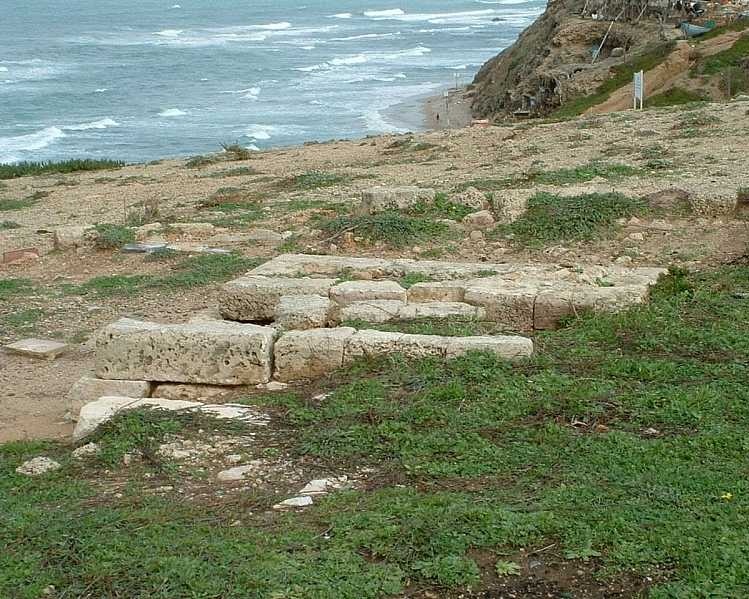Concerning my visit in Sidna Ali I actually needed some time to think about it. It was a very moving experience, nice and sad at the same time, although it was deeply painful it helped me understand my father and myself. I arrived there at 6.45 and went to the beach. Something was strange, unconsciously I started reciting an invocation that is normally used when asking for recovery and cure for someone who is ill or has pain) and I was to my own surprise addressing the place. I understood that the earth was injured at this place.
Although I had planned to do so, I did not feel like going around in the village, I couldn`t even know how it looked like, the only thing I knew was that it is not the place it used to be and I saw no sense in going around between houses, where now Israelis live. In a sense the village was alienated, and deep inside I somehow refused to give attention to this fake version of it.
I was more interested in what can be called the spirit of the place, the landscape, the earth, the cemetery, the mosque, the sea. I tried to imagine how it felt living here.
I remembered all my interviews that had turned out to be a tribute to the earth. The deep connectivity with the earth in its most literal meaning made displacement an act may be more cruel than us "modern" people can ever understand.
I was happy to see palestinian families at the mosque. I prayed there and sat with them until it was late. I had planned to go back to Jerusalem the same evening. But I could not leave the place. One family invited me to come with them. But I did not want to leave, I had not enough.
In the end I told them I wanted to sleep at the mosque. And fortunately I had the opportunity to do so. I spent my time there till after the friday prayer, then I had to leave, because of transport getting rare because of sabbat.
In fact I spent the whole way back to Jerusalem crying silently about this loss, but finally this was a relief, as the sorrow had been there all the time, may be all my life, but somehow kept inside. It was also sad to see how Israelis behaved like nothing happened, it seemed deeply ignorant to me. At the same time I wondered wether I am the right person to do this research as I felt too much emotionally involved. On the other hand I felt reassured, that the importance of stories, be they true or false could not be underestimated as they are obviously stronger than the built environment (architecture), they can cover the truth, but true stories, and this is my deep conviction, are stronger and have the power to uncover the spirit of the place. The place itself remains and needs people who can relate. So these testimonies become a very strong means in the struggle for the rights of the native inhabitants and I think are a mirror for the Israelis and therefore they are for the Israelis just as essential.



